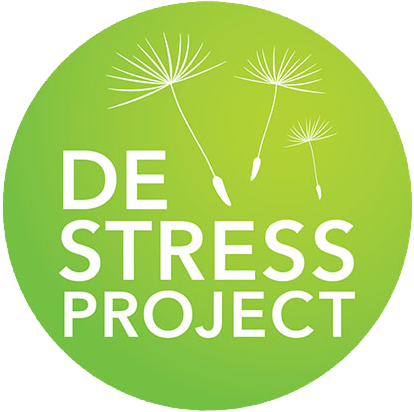Mental health care frequently reinforces health inequalities – both in terms of poor access and the over-medicalisation of potentially harmful drugs. Antidepressant prescribing is high in many economically disadvantaged areas of England and people are taking antidepressants for longer periods of time than in the past. Although antidepressants can be helpful for some people, their effectiveness in improving patient health and wellbeing is limited, particularly for non-severe forms of depression and mental distress. Antidepressants can have significant and often unwelcome side effects including weight gain, sexual dysfunction, insomnia, nausea, diarrhoea and ‘emotional blunting’ which can reduce a person’s motivation and capacity for social connection. Research has also found that some people experience harmful withdrawal symptoms when they try to stop taking antidepressants.
DeSTRESS 2 - Exploring the links between poverty and mental health
About DeSTRESS 2
About The Project
Patients have told us that they feel that the prescribing of antidepressants is often inappropriate and disempowering when the causes of their distress are underpinned by problems that are mainly social (e.g. loneliness), environmental (e.g. poor housing) or economic (e.g. unemployment, debt) in nature. At the same time, many GPs feel unsatisfied prescribing antidepressants when they do not think they will be of benefit to their patient. However, they also report feeling conflicted and confused over how else to support patients with ‘non-medical’ problems and, with few alternative options, they often continue to prescribe.

What We Have Done
In response, we worked with community partners (people with lived experience) and with GPs to understand what people experiencing mental distress caused by adverse socio-economic circumstances would find helpful from a consultation and what factors influence how GPs respond. Using feedback from over 500 health professionals and 100 patients, we co-developed an online training resource called DeStress-II which helps GPs and their wider practice teams understand when antidepressant prescribing may be inappropriate and when non-pharmaceutical support (e.g. talking therapy or referral to a link worker who can connect a patient to local community groups) is likely to be more beneficial to their patient. We have tested this resource in thirty GP practices across England and received very positive feedback from patients and health providers, demonstrating its feasibility and acceptability within primary care.
The DeStress II training has been accredited by the Royal College of GPs and we have developed a facilitation manual to support the training.
Training Materials
Please register to access the training resources.
A link to the training will be sent directly to your email address.
DeStress Project Webinar
Supporting patients experiencing poverty related mental distress
Source: Wellcome Centre








